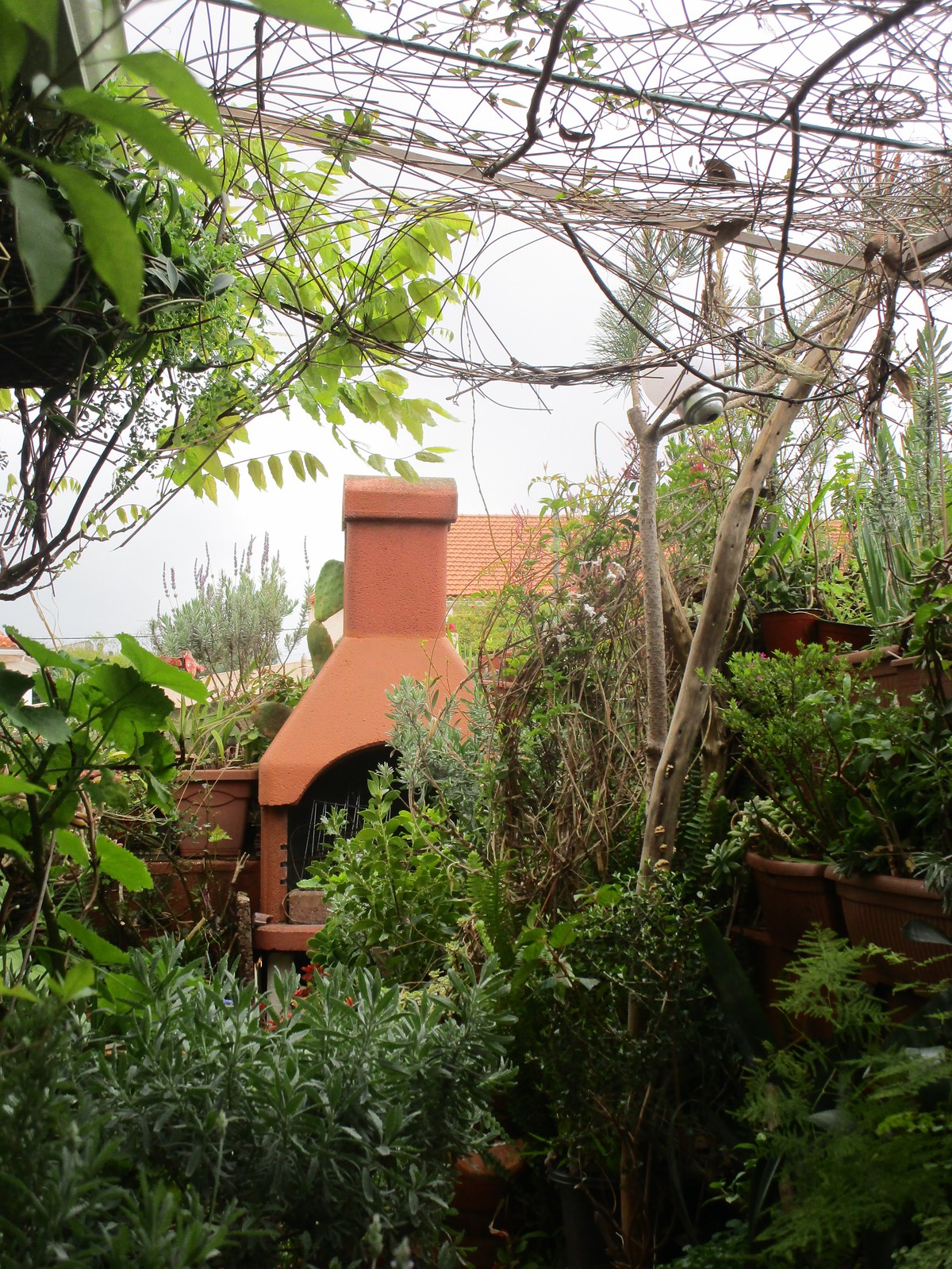
"More than conversation at the interface, it is creative assemblages like these that explore and elaborate the particular dynamic capacities that digital media afford and the ways that through them humans and machines can perform interesting new effects (...) in uniquely particular ways." Lucy Suchman (2009). Human-machine reconfigurations: plans and situated actions.
Jan 15, 2021
January
Jan 13, 2021
January
Jan 3, 2021
January
Dec 24, 2020
December
The Secret Random Acts of Kindness Society
Purpose: Increase kindness and wellbeing in the planet, doing little (or bigger) things, according to member´s availabilities, that can positively impact other Terrestrial lives.
Rules: Each act of kindness should be as natural as possible. No photos. No names. Just do it and go back to whatever it was you were doing with your life. As natural as your skin. Kindness acts can be planned and include resources belonging to different members as long as they remain anonymous.
Members & Membership: All religions, cultures, and ages in any part of the Planet. Membership starts when members start doing random acts of kindness.
Meeting places: Members can convene anywhere in the Planet with other members, face to face only, in order to share experiences between them, and address future acts of kindness needs. No photos and no digital minutes of the gathering are allowed.
Image by Monica Pinheiro, license CC BY-NC-SA (CC).
Dec 21, 2020
December
“(…) she no longer felt she was there simply to serve the dreams of other people. She no longer felt like she had to find sole fulfilment as some imaginary perfect daughter or sister or partner or wife or mother or employee or anything other than a human being, orbiting her own purpose, and answerable to herself. (…) she was alive, when she had so nearly been dead.” Matt Haig (2020). The Midnight Library. Image by Monica Pinheiro, license CC BY-NC-SA (CC).
Dec 13, 2020
Underland

Dec 12, 2020
December
Dec 7, 2020
December
Nov 20, 2020
November
I have been hacked. Still trying to figure out the extension and number of hacked accounts.
I have changed my passwords a couple of times, but still things are happening. I lost access to my previous blogs (namely B2OB, Blogtese), and the capacity to change settings in other accounts that where connected to an email account that I stopped using almost 10 years ago. That account was compromised and someone as been subscribing things with my personal data through that account. Other accounts that I created a long time ago, connected to that email, are also compromised, like flickr where I tried to change my email and it sends me to an error page. If you receive anything you consider unusual through my channels, it might be because it's not me. Hope you know me well enough to figure it out.
The hacking was gradual and it might take some time to get to now the extension of it all. Because we have everything so connected to our emails and phone that it becomes unpredictable and easy to exploit by people whose aim is to do harm.
And yes, I use anti-virus and I do not click is ads and I even stop reading journals, news and other informative site (like public national TV online!) because they make me loose the right to my privacy and install an «army» of data collection cookies on my artefacts.
So, if you know me, you know how to contact me if you want to.
Image by Monica Pinheiro, license CC BY-NC-SA (CC).
Nov 18, 2020
November
 My computer does not allow me to uninstall Xbox Network and it connects by itself. Microsoft does not let users decide what games they want to play and when? I don´t want to play this game and I don´t want to have it in this computer.
My computer does not allow me to uninstall Xbox Network and it connects by itself. Microsoft does not let users decide what games they want to play and when? I don´t want to play this game and I don´t want to have it in this computer. Nov 16, 2020
Systemic risks
Cyber criminals
Nov 9, 2020
Nov 2, 2020
Sep 22, 2020
September
Aug 20, 2020
August
Jun 28, 2020
June
Jun 20, 2020
June

Jun 8, 2020
June
 | |
| Image by Monica Pinheiro, license CC BY-NC-SA (CC). |
May 29, 2020
May
May 24, 2020
May
May 22, 2020
May
May 14, 2020
May
May 13, 2020
(re)growth
mobility
May 8, 2020
May
May 7, 2020
May
May 5, 2020
May
May 3, 2020
Apr 30, 2020
April
Apr 29, 2020
April
Apr 18, 2020
April
Apr 15, 2020
Diversity

Mar 20, 2020
March
Mar 3, 2020
March

Carbon dioxide (CO2) sink in the city / Sumidouro de dióxido de carbono (CO2) citadino. Image by Monica Pinheiro, license CC BY-NC-SA (CC).


















.jpg)












